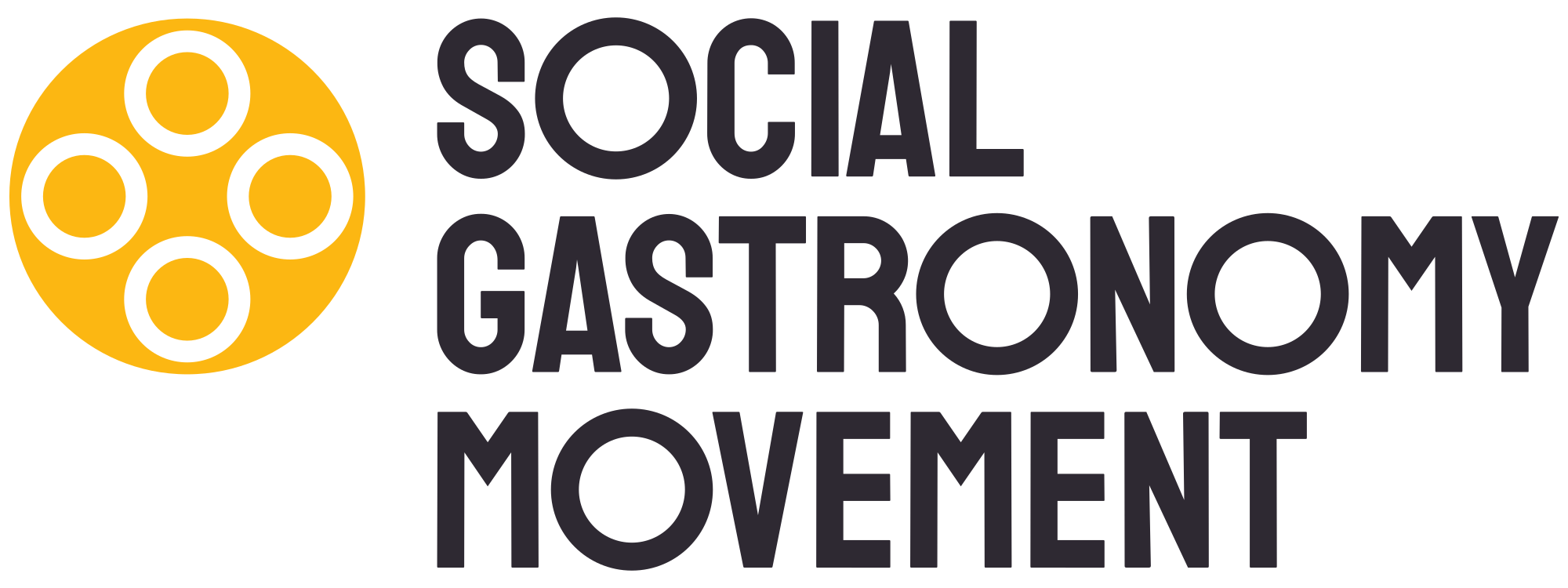Episode #2 of the Food Solidarity Podcast: Bibi La Luz Gonzalez from Eat Better Wa’ik
In Mayan K’iche, ‘Wa’ik’ means "to eat"', and the interpretation is “to eat a healthy and nutritious meal. For political economist Bibi la Luz Gonzalez, this has been a running theme in her life since childhood. Like many children worldwide, Bibi grew up struggling with allergies and intolerance to certain foods. Her school lunch was packed with healthy foods and at parties, she had her own cake.
Her mother went above and beyond to make sure she wasn’t putting anything in her belly that would have an adverse affect on her mind and body. As Bibi puts it, she “had a very healthy lifestyle, because it had to be.”
As an adult Bibi studied political economy and international development, analyzing food insecurity in her university papers and during her internships with major organizations, such as the World Food Program. While she specialized in the subject, when she arrived home in Guatemala, the nation with the highest levels of malnutrition in Latin America, she saw the magnitude of work that needed to be done in her own country.
Bibi has a background in economics, international affairs, and development. Her work with food security began with an internship in 2007, at the UN offices in Uruguay. Ten years later, she was working at the World Food Programme in Guatemala.
In 2016, Bibi founded Eat Better Wa’ik to provide nutritional education and healthy meals for her community. The organization, which was recently selected as a recipient of the SGM Food Solidarity Fund, runs workshops, serves food baskets, and promotes nutritional knowledge through online materials.
The organization works in collaboration with local organizations to transform agricultural surpluses into nutrient rich food aid. Inside of the food baskets are also packets of organic seeds.
“We give out these to those who are struggling with food insecurity, but we also give it out to those with access to resources, money and different foods. In a way we democratize food that in appearance doesn’t looks as beautiful as we are accustomed to. If you want to reduce food waste or food loss, we need to engage people around food and what it looks like when it wakes up= no makeup, no nothing, right? So people get used to it and don’t throw it out. It’s incomprehensible that in a country and in a world where there is so much hunger, there’s so much waste” -Bibi la Luz Gonzalez
Listen to the full podcast to learn more about Bibi, food security in Guatemala, and Eat Better Wa’ik. Stay tuned for more conversations about how food can be a tool for change, recovery, and resilience.


